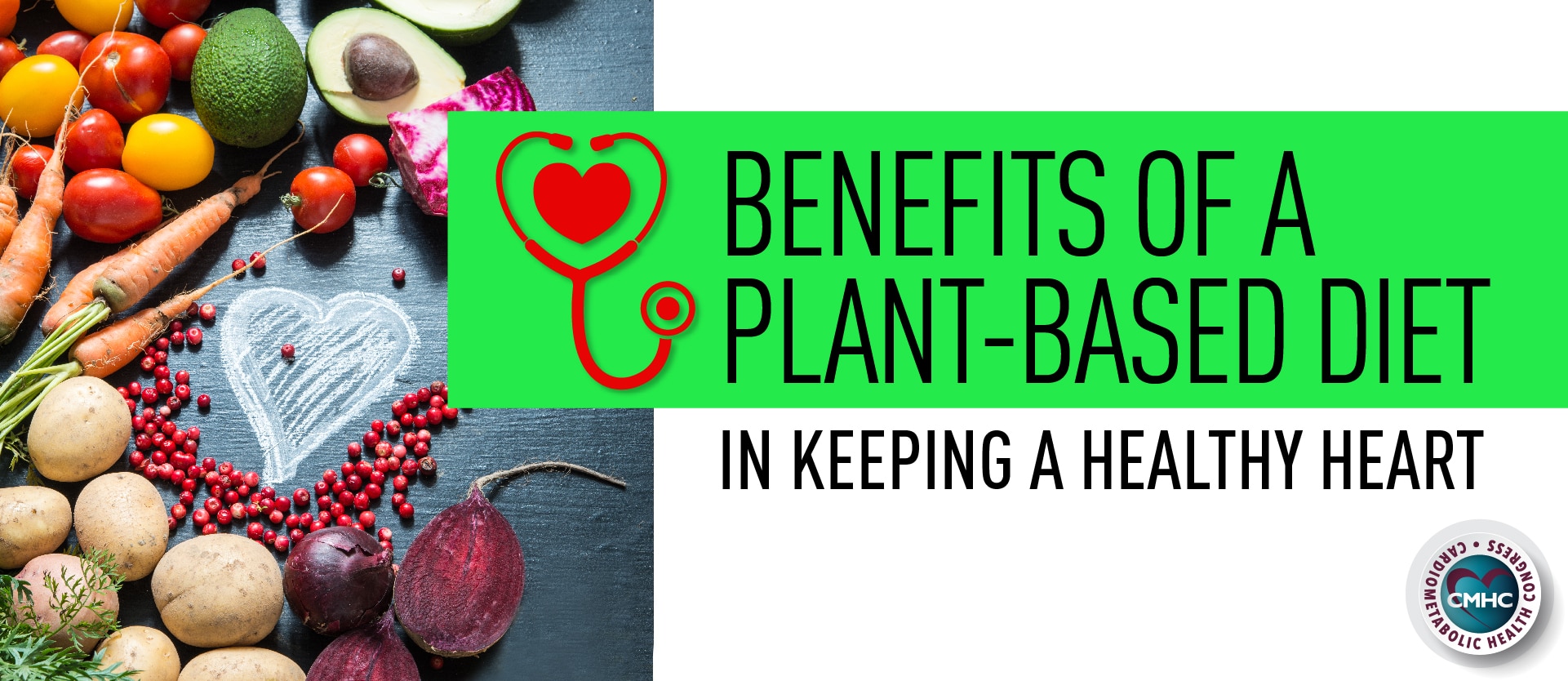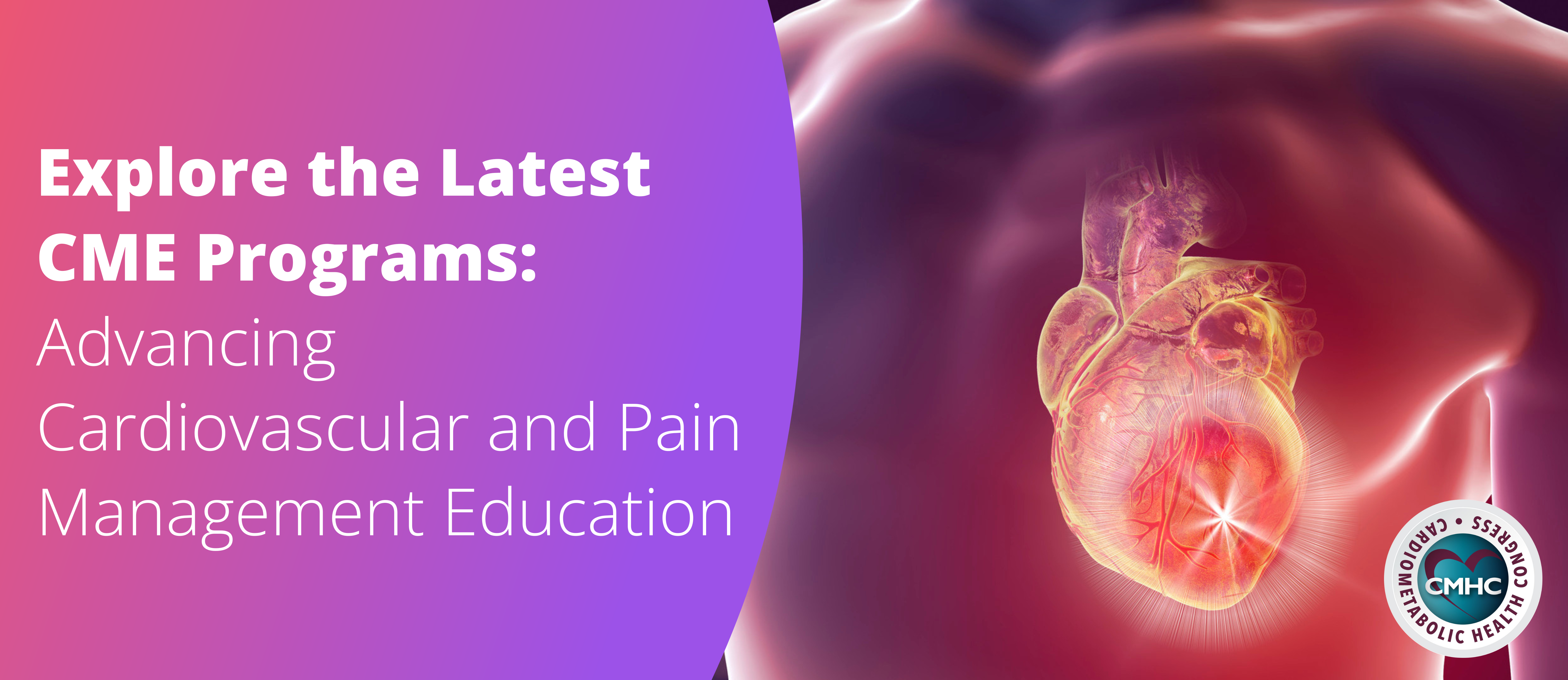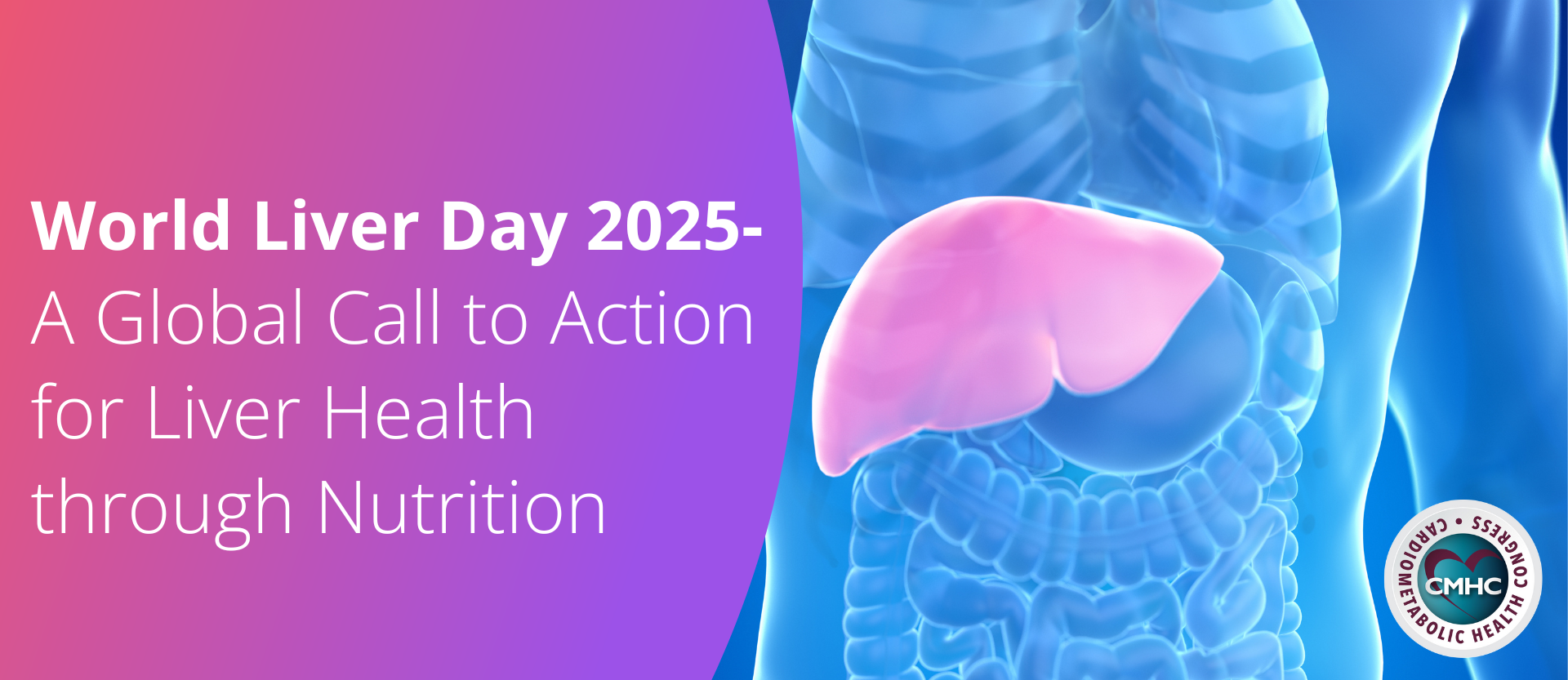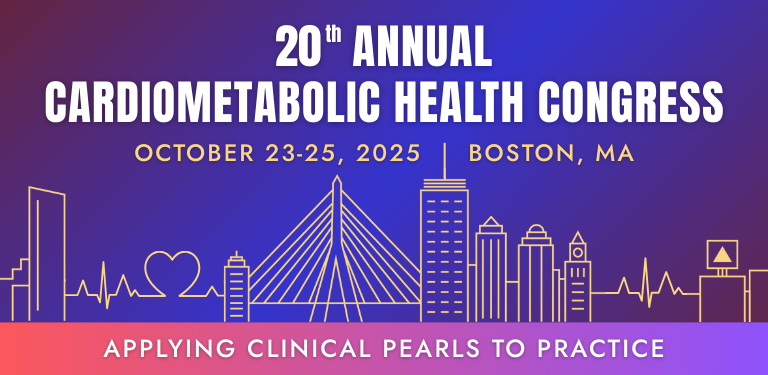Over the last decade, cardiovascular disease (CVD) has taken the form of a global epidemic, with an estimated 18 million deaths each year, making CVD the number one killer globally.* In the US, approximately 1 of every 3 deaths is due to some form of CVD like coronary heart disease (CHD), stroke, hypertension, or heart failure.*
Even though these facts and figures paint a grim picture, the silver lining is that CVD is preventable. The key is to be aware of the risk factors and manage them for a healthy lifestyle; for example, an unhealthy diet, sedentary lifestyle, and heavy tobacco/alcohol usage can certainly be avoided or minimized to prevent cardiovascular events.
Currently, direct dietary counseling of CVD patients is still a challenge mostly due to lack of formal nutrition education among clinicians and the time required to convince patients to adhere to a specific diet.* Additionally, the abundance of information and controversies on food and food groups regarding optimal diet do not necessarily make it easy for people to decide what to eat.
Historically, countless epidemiological studies have highlighted the importance of diets in preventing CVD. They show how specific diet patterns—like eating plant-based foods, consuming foods with low saturated fat—reduce CVD incidence and severity.* In fact, diet changes are the biggest drivers of a healthy heart. Thus, almost all the guidelines now recommend that, along with adequate treatment, clinicians should actively incorporate evidence-based dietary counseling as part of cardiovascular therapies.
As scientific research continues to shed light on the importance of diet and nutrition, perhaps the most critical questions that we face today are — What is an optimal diet? And how do we implement this optimal diet counseling in clinics?
Nutrition research and evolution of the plant-based diet
Some of the earliest nutrition research (in the 1950s) highlighted the adverse outcomes of fat-enriched diet (mainly saturated fat) on heart diseases, giving rise to the widespread belief that fatty foods contribute to CVD.* Subsequently, the 1980 Dietary Guidelines for Americans focused heavily on isolated nutrients: “avoid too much fat, saturated fat, and cholesterol; eat foods with adequate starch and fiber; avoid too much sugar; avoid too much sodium”.*
Soon after, in the 1970s, the Seven Countries Study, spearheaded by Ancel Keys, explored the association of diet and dietary habits with CVD incidence in populations representing seven different regions. The study design illustrated the influence of eating on the risk of CVD. It recognized the power of the plant-based diet, popularly known as the Mediterranean (MED) diet, in lowering cardiovascular mortality risk. Simply put, the MED diet entails — high intake of legumes, vegetables, fruits, and low consumption of dairy and meat (saturated fat), with fats mainly from nuts.*
This ground-breaking study eventually inspired and prompted a slew of subsequent dietary research. DASH (Dietary Approaches to Stop Hypertension; 1997) and PREDIMED (Prevención con Dieta Mediterránea; 2018) are particularly noteworthy since they championed the idea of plant-based foods and the associated benefits to heart health. Similar to the MED diet, the DASH diet consists of a high intake of vegetables, fruits, whole grains, and olive oil with minimal consumption of red/processed meat, refined carbohydrates, and processed foods.
Adherence to the DASH diet resulted in a significant drop in heart failure risk among healthy adults (27% in men; 37% in women),* while a Mediterranean diet supplemented with extra-virgin olive oil or nuts lowered the incidence of major cardiovascular events among high-risk individuals.*
Diving deep into the plant-based diet
As of 2017, 6% of Americans claim to be vegetarians or vegans compared with just 1% in 2014.* The number is expected to rise in the coming years as more people become aware of the health benefits of the plant-based or vegetarian diet.
A plant-based diet not only prevents risks of coronary diseases, but it also has multiple other health benefits that include improving gut microbiota and cognitive brain function. Plant-based foods are one of the richest sources of dietary fiber and essential phytochemicals and great for antioxidant vitamins, minerals, and micronutrients.
Despite being universally accepted as heart-healthy, wholesome, and nutritionally superior to animal products, plant-based foods are considered protein poor by many. The long-standing belief is that plant-based proteins are incomplete because they don’t have all the essential amino acids that humans need. However, growing evidence from research work is breaking this myth.
Citing the research work of William Rose and team, John. A. McDougall, an American physician and author, states that: “A vegetarian diet based on any single one or combination of these unprocessed starches (e.g., rice, corn, potatoes, beans), with the addition of vegetables and fruits, supplies all the protein, amino acids, essential fats, minerals, and vitamins (except vitamin B12) necessary for excellent health”.*
Christopher Wharton reviewed various research works that show how a plant-based diet is on par with the omnivorous diet in supporting athletic performance and strength among recreational athletes.* Recently, Novak Djokovic, the Serbian tennis legend, credited his plant-based diet as the secret to his remarkable recovery after injury.
Because nutrition is the cornerstone of human health, the role of a physician is crucial than ever in educating patients about positive dietary changes to improve their health and wellbeing. It’s about time that the wealth of scientific knowledge in favor of plant-based diets makes its way into the clinical care regimen, and clinicians incorporate diet communication along with pharmacotherapy.
Contributed by:
Sangeeta Chakraborty Ph.D
Associate Researcher,
National Jewish Health,
Greater Denver Area, Colorado
*References:
- World Health Organization. Newsroom-Fact sheets (2017).
- American Heart Association. “Heart disease and stroke statistics 2018 at-a-glance.” on-line at: http://www. heart. org/idc/groups/ahamahpublic/@ wcm/@ sop/@ smd/documents/downloadable/ucm_491265. pdf (2017).
- Storz, Maximilian Andreas. “Is There a Lack of Support for Whole-Food, Plant-Based Diets in the Medical Community?.” The Permanente Journal 23 (2019).
- Ravera, Alice, et al. “Nutrition and cardiovascular disease: Finding the perfect recipe for cardiovascular health.” Nutrients 8.6 (2016): 363.
- Kerley, Conor P. “A review of plant-based diets to prevent and treat heart failure.” Cardiac failure review 4.1 (2018): 54.
- Page, Irvine H., et al. “Atherosclerosis and the fat content of the diet.” Circulation 16.2 (1957): 163-178.
- Davis, Carole, and Etta Saltos. “Dietary recommendations and how they have changed over time.” America’s eating habits: Changes and consequences (1999): 33-50.
- Keys, Ancel. “Diet and the epidemiology of coronary heart disease.” Journal of the American Medical Association 164.17 (1957): 1912-1919.
- Keys, Ancel. “Coronary heart disease in seven countries.” Circulation 41.1 (1970): 186-195.
- Appel, Lawrence J., et al. “A clinical trial of the effects of dietary patterns on blood pressure.” New England journal of medicine 336.16 (1997): 1117-1124.
- Estruch, Ramón, et al. “Primary prevention of cardiovascular disease with a Mediterranean diet supplemented with extra-virgin olive oil or nuts.” New England journal of medicine 378.25 (2018): e34.
- Data, Global. “Top Trends in Prepared Foods 2017: Exploring Trends in Meat, Fish and Seafood; Pasta, Noodles and Rice; Prepared Meals; Savory Deli Food; Soup; and Meat Substitutes.” June. Available online: https://www. reportbuyer. com/product/4959853/top-trends-in-prepared-foods-2017-exploring-trends-in-meatfish-and-seafood-pasta-noodles-and-rice-prepared-meals-savory-deli-food-soupand-meat-substitutes. html (accessed July 29, 2017) (2017).
- McDougall, John. “Plant foods have a complete amino acid composition.” Circulation 105.25 (2002): e197.
- Lynch, Heidi, Carol Johnston, and Christopher Wharton. “Plant-based diets: Considerations for environmental impact, protein quality, and exercise performance.” Nutrients 10.12 (2018): 1841.

















